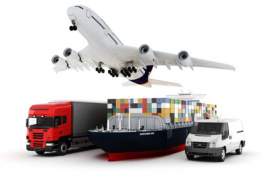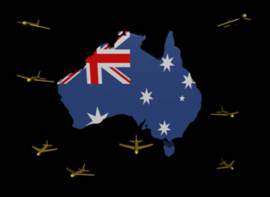
The Fast Facts on Trade Policy

Trade policy, also known as commercial policy, refers to the body of legislation or regulations regarding trading activity. Trade policy can be implemented both on the national and international level, consisting of domestic or interstate policies implemented by a country for trade within its borders, and foreign trade policy for its practice with other countries.
Trade policy has at its goal to provide for a consistent and smooth relationship between the involved parties in trading activities so as to insure a mutual benefit for all involved. Typically speaking, foreign trade policy is what is most commonly associated when speaking of trade policy.
Foreign trade policy can prove to be a complex ordeal due the differing laws and statutes that each particular country may have. However, things that are to expected to encounter in foreign trade policy is the implementation of aspects such as taxes or tariffs, regulations in regards to the inspections of goods, quotas, and certain restrictions.
In many cases, a trade policy of a nation will often times lean toward protecting the domestic industries, and thus, placing higher financial costs on imports and more strict regulations. On the other hand, there are other countries in which no particular preference is given to domestic industries or companies, which is known as free trade. A free trade foreign trade policy allows international trade of goods to import and export goods without any particular burdens.
NEXT: United Kingdom's Trading Standards Association




















